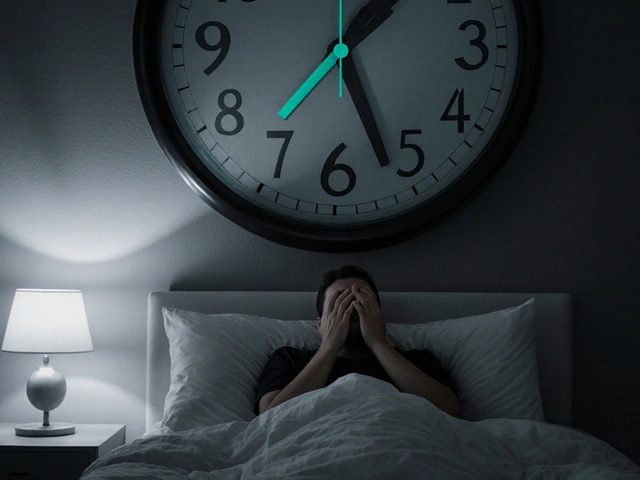hypothyroidism treatment: practical guide to meds, monitoring, and daily tips
Feeling tired, cold, or like your weight won’t budge? Those are common signs of an underactive thyroid. Treating hypothyroidism usually works well, but the trick is the right medicine, steady monitoring, and a few daily habits that actually matter.
Common medical treatments
Most people take levothyroxine (T4). It replaces the hormone your thyroid isn’t making. Your doctor will start a dose based on your age, weight, heart health and lab tests, then adjust every 6–8 weeks until your TSH lands in the target range. Once stable, checks usually move to every 6–12 months.
Some patients ask about natural desiccated thyroid (NDT) or liothyronine (T3). NDT contains both T4 and T3 and can help a few people, but it’s less predictable in dose. T3 is short‑acting and used sometimes for persistent symptoms, under specialist care. Don’t switch medications on your own—changes should be guided by blood tests and a clinician.
Practical daily steps that help
Take levothyroxine on an empty stomach, 30–60 minutes before breakfast or at bedtime at least 3 hours after food. Why? Food and some supplements lower absorption. Keep a 4‑hour gap from calcium, iron, antacids, and many multivitamins. Coffee and high‑fiber meals can also reduce how much medicine gets into your system.
Be consistent. If you change brands or formulations, tell your doctor—labs might change and doses may need tweaking. If you’re pregnant or planning pregnancy, expect a dose increase; pregnancy raises thyroid hormone needs and uncontrolled hypothyroidism affects the baby.
Diet won’t replace thyroid hormone. A useful site article on our site, “Can Diet Replace Thyroid Medication?” explains which nutrients help (iodine only if you’re deficient, selenium sometimes helpful) and what won’t work. Avoid large amounts of raw cruciferous vegetables around the time you take your medicine and don’t rely on supplements to replace prescription therapy.
Watch for symptoms that mean trouble: extreme weakness, very slow breathing, severe cold intolerance, or confusion—these need urgent care. Otherwise, common issues like lingering fatigue or weight changes often respond to small dose adjustments or checking for other causes (sleep, anemia, depression).
Bring these questions to your appointment: Is my dose correct for my age/pregnancy/meds? How often should we test TSH and free T4? Could other meds I take interfere? When is a referral to an endocrinologist useful?
Treatment for hypothyroidism is mostly straightforward if you stick with it and communicate with your clinician. Small habits—timing your pill, spacing supplements, checking labs—make a big difference. If you want deeper reading, check our article on diet and thyroid meds to separate useful steps from hype.

Get Your Synthroid Prescription Online: Easy and Convenient Solution
Hey there! If managing your thyroid health is on your mind, you're in the right place. I've got some fabulous news that will make your life a bit easier. Did you know you can now get your Synthroid prescription online? That's right—no more waiting in line at the doctor's office or pharmacy. Simply connect with a licensed healthcare provider from the comfort of your home, get your prescription, and have your medication delivered right to your doorstep. It's safe, secure, and super convenient. Stay tuned as I share everything you need to know about this game-changing service!
Detail




